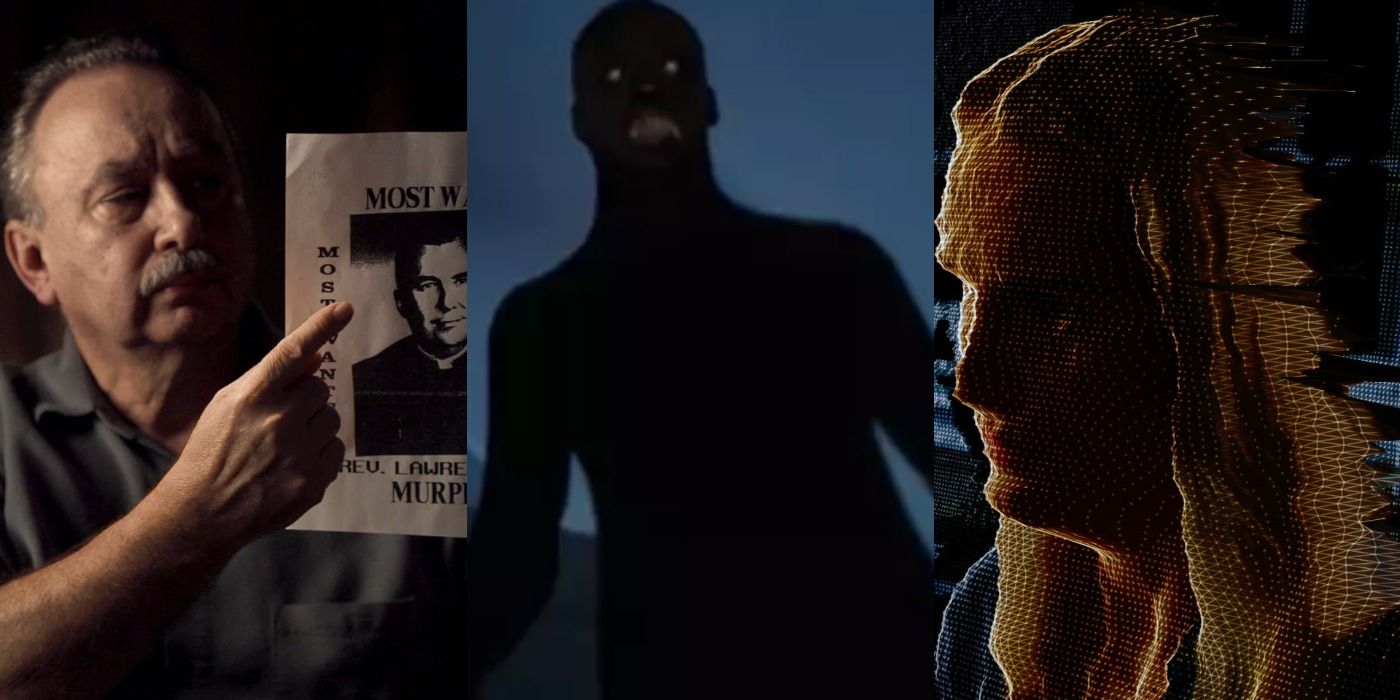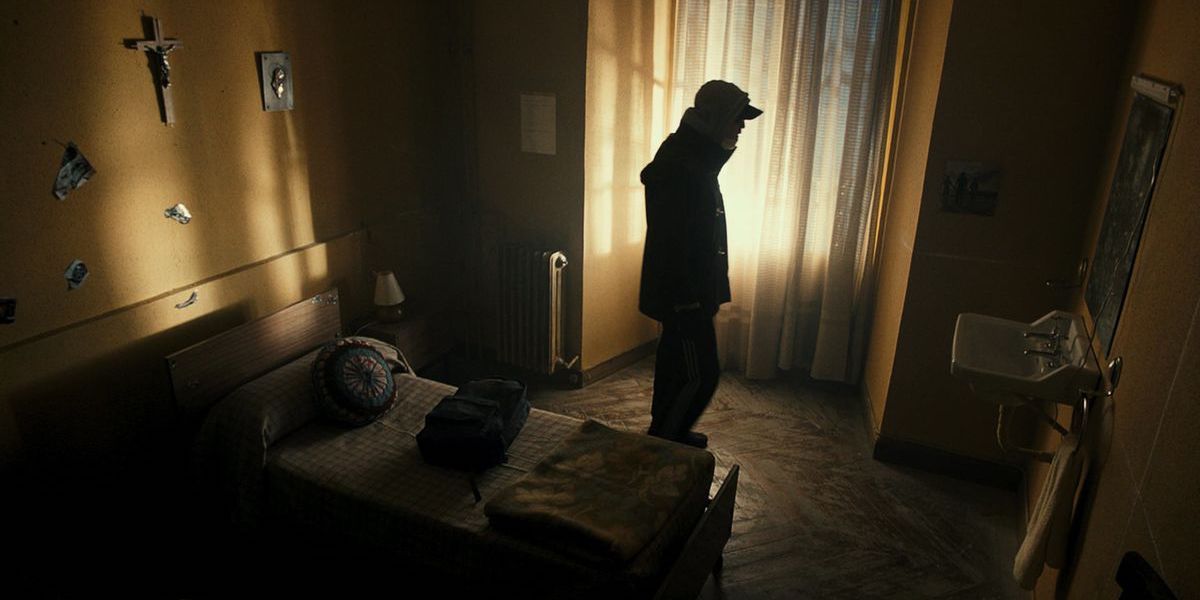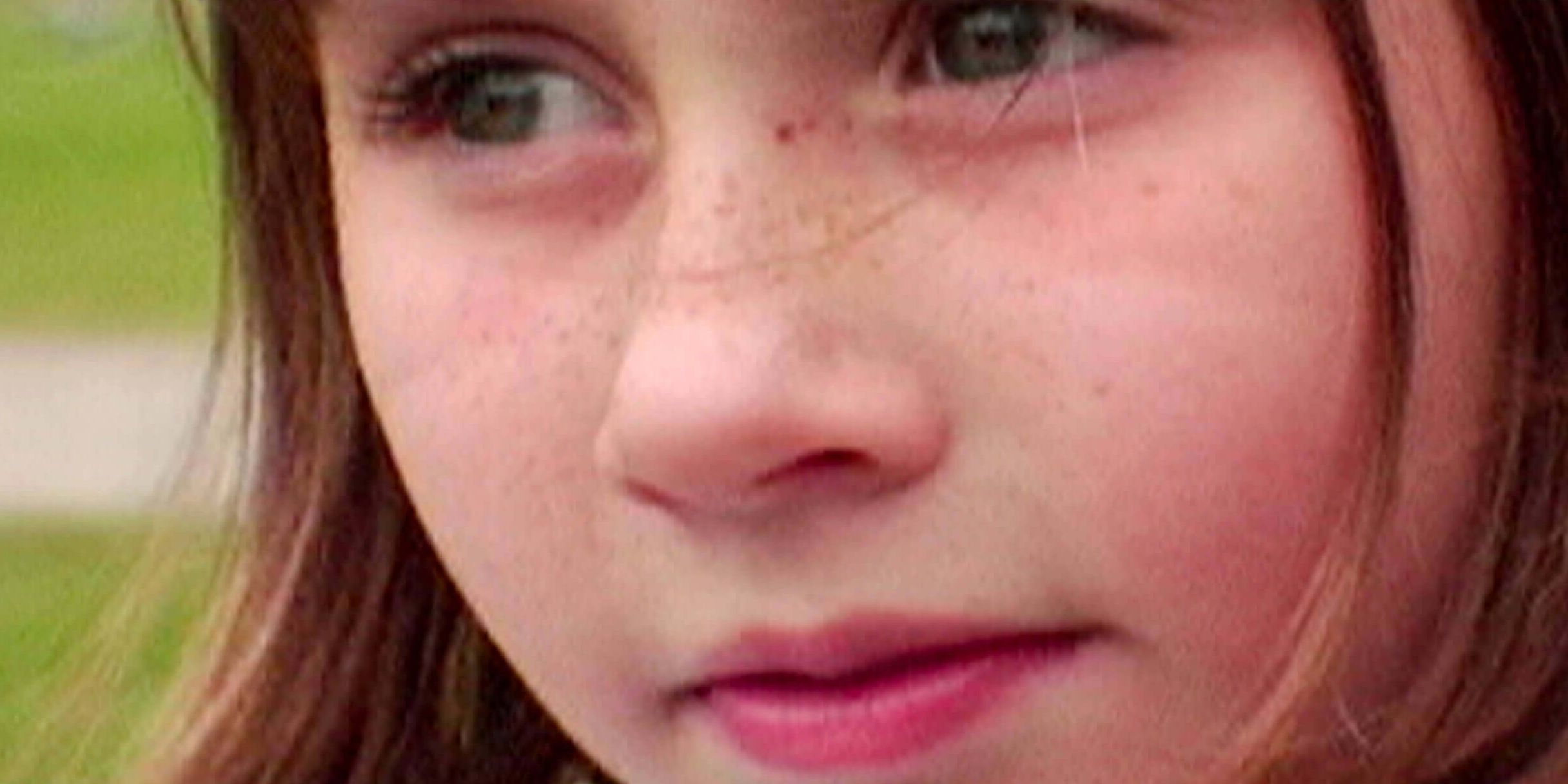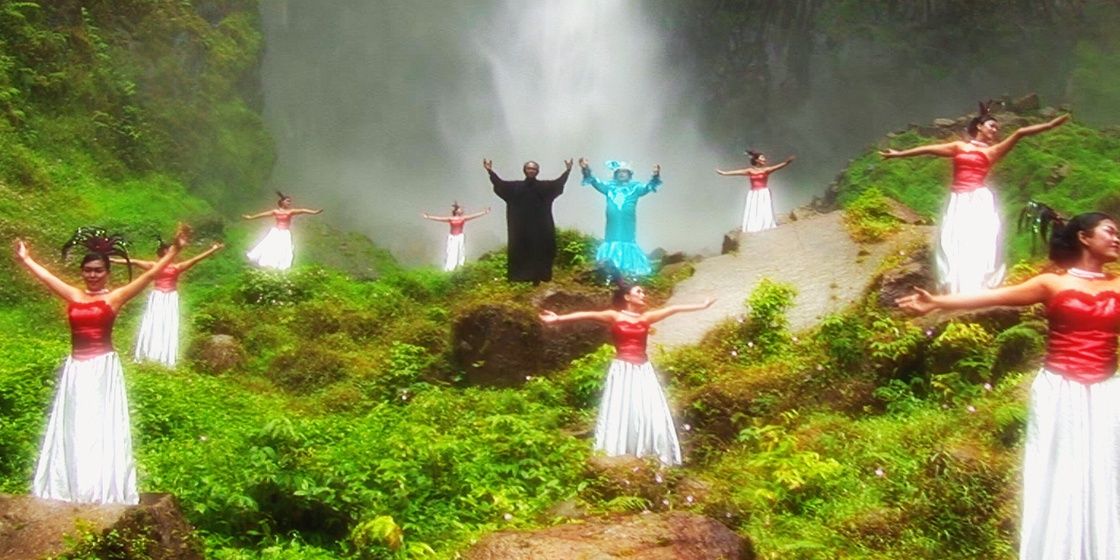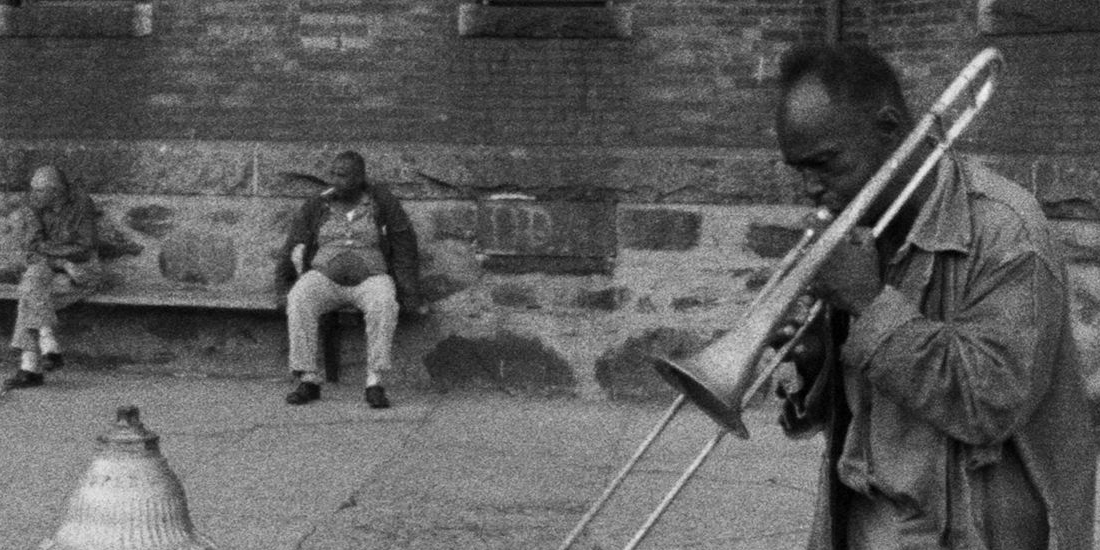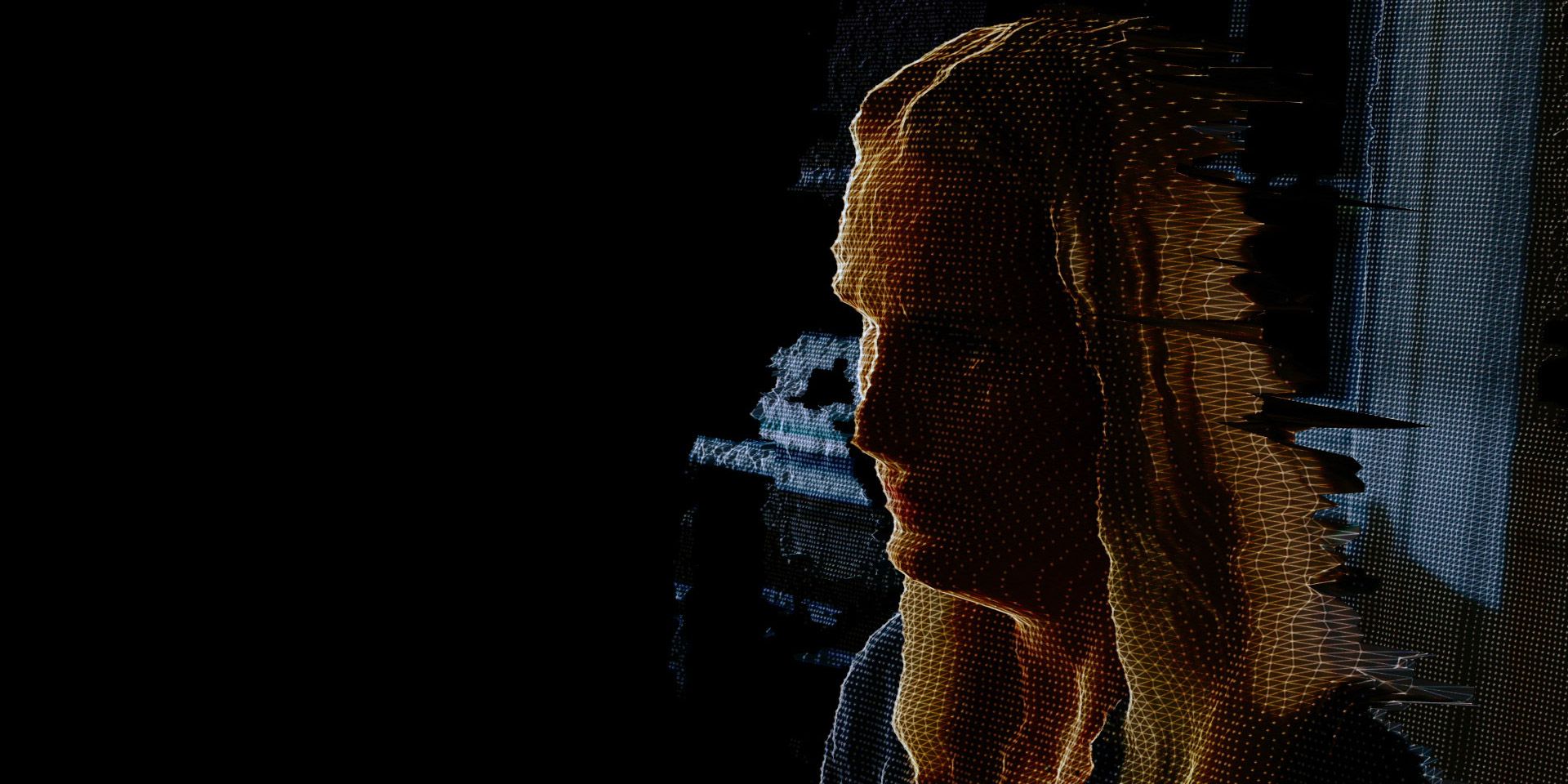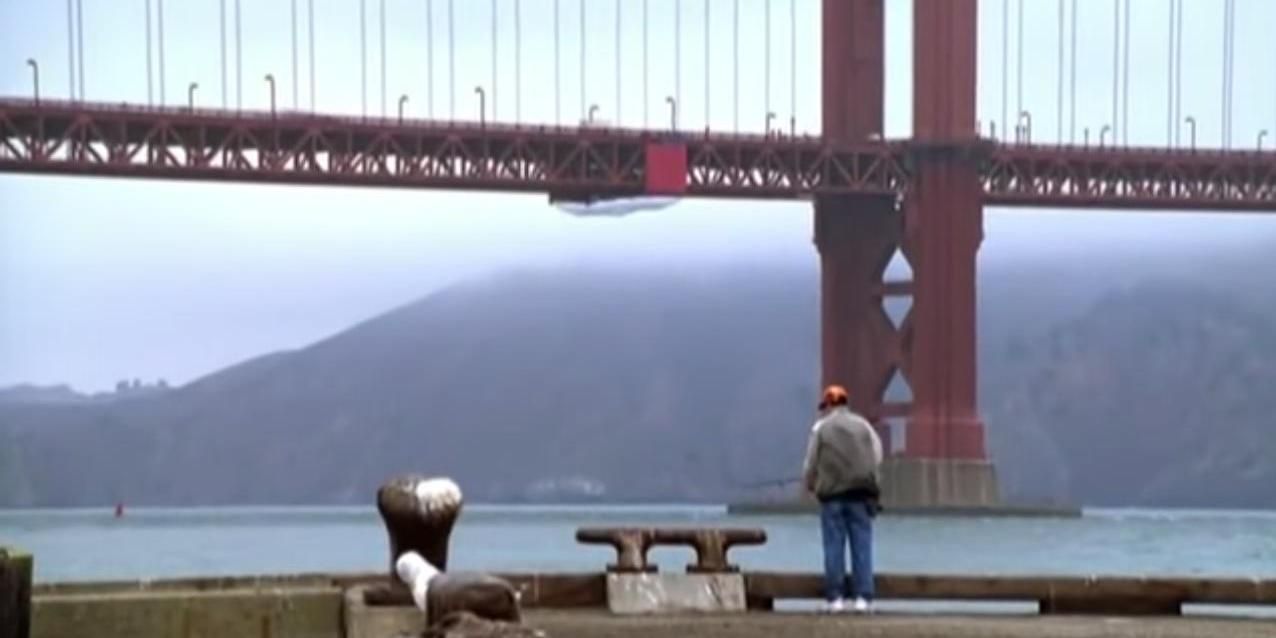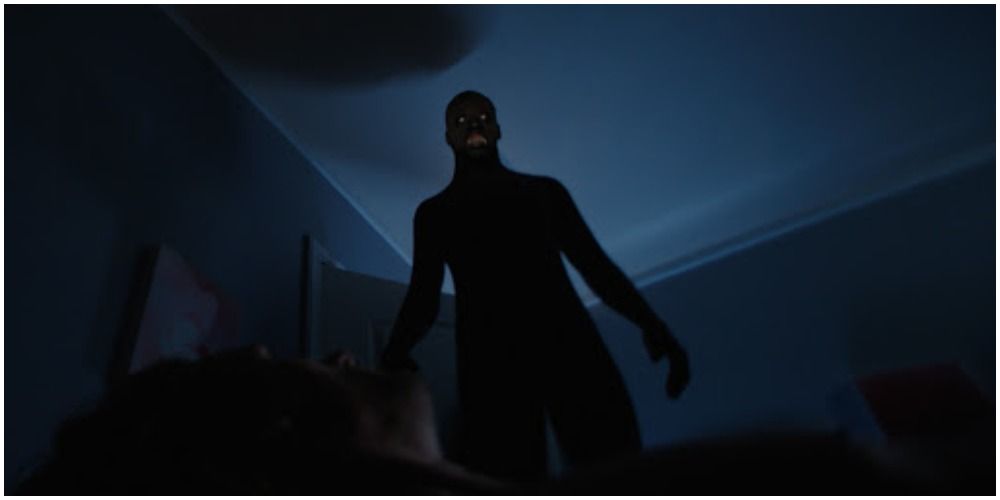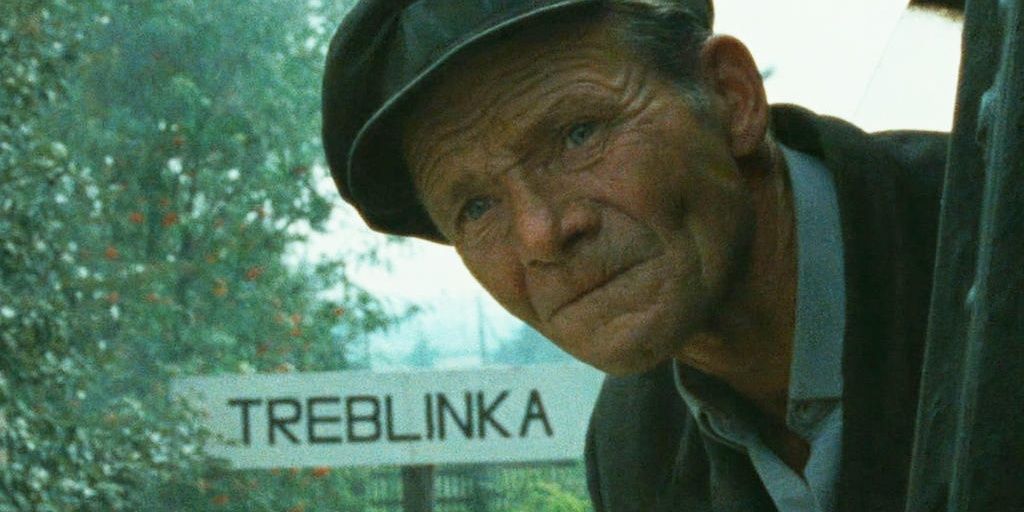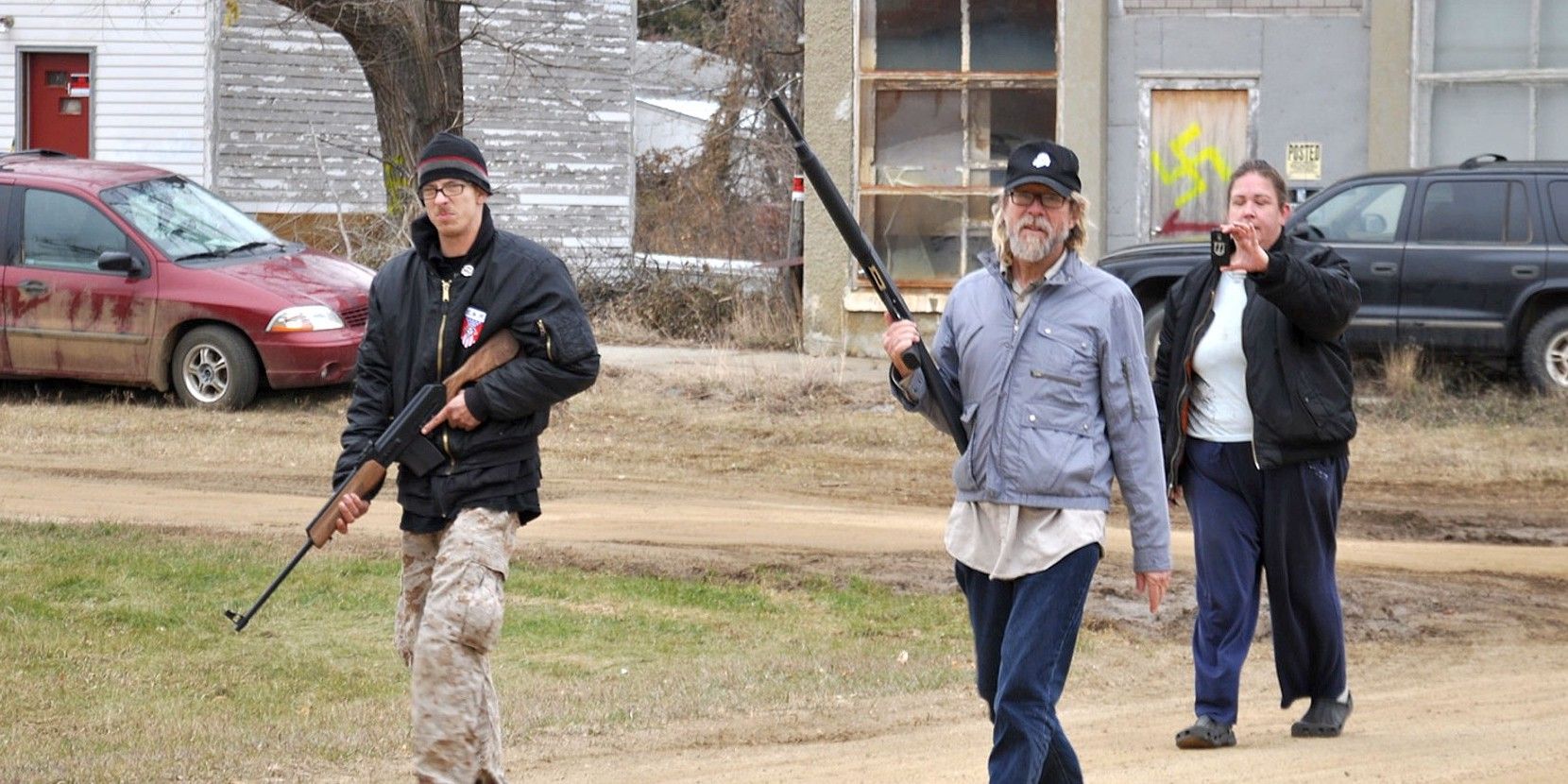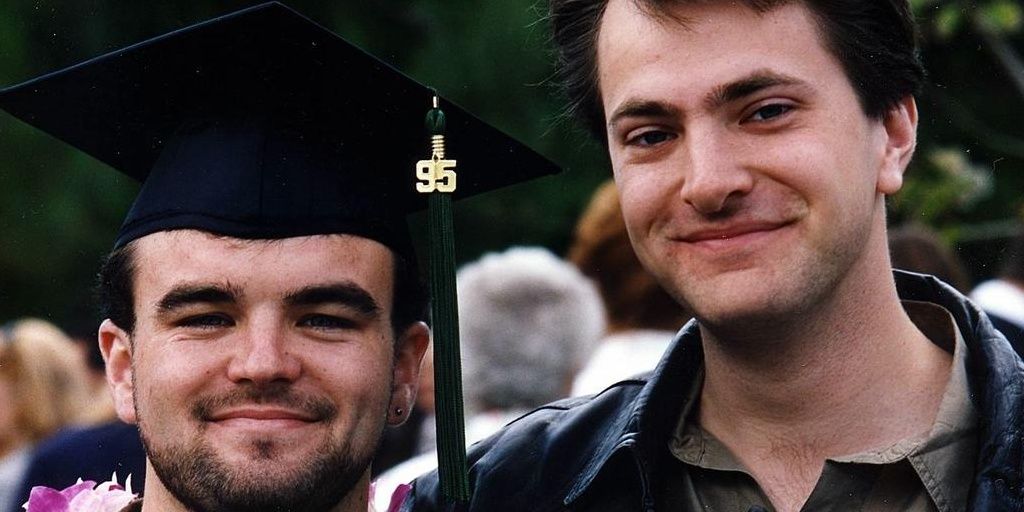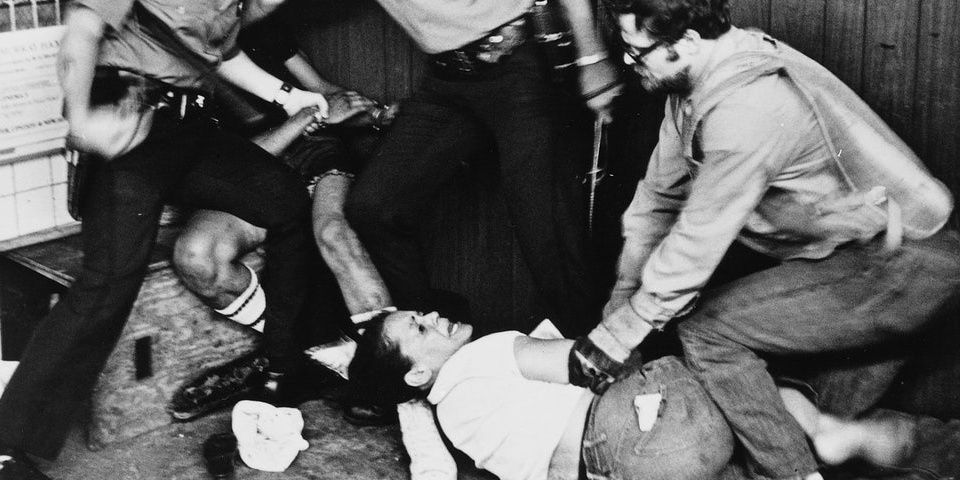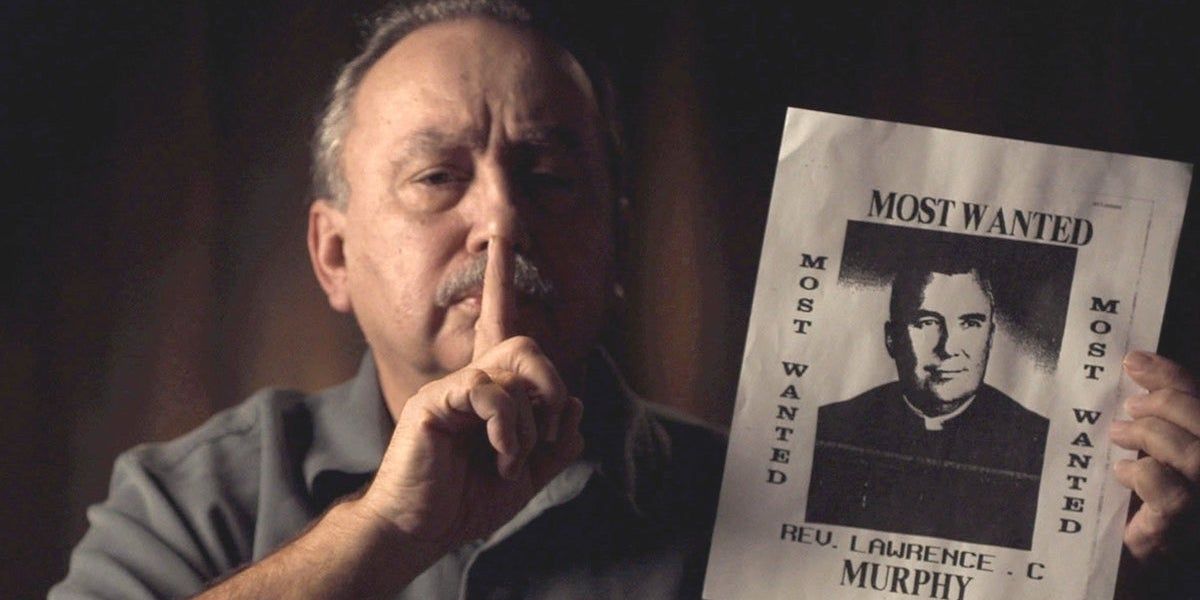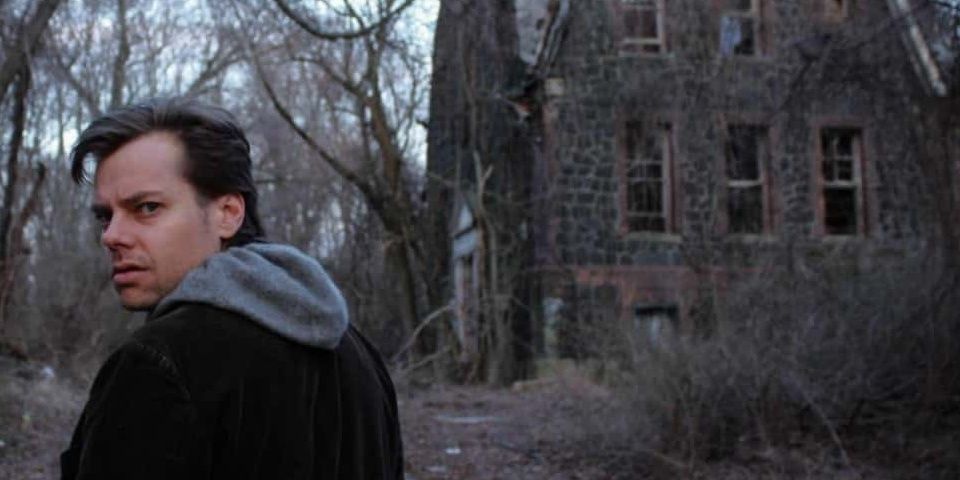Documentaries can often prove more disturbing than the most well-crafted horror movie. Ghosts, demons, and masked killers are fine and spooky, but real-life terrors have the potential to stay with you far longer and impact how you view the world in a more profound way. Below, we list some of the most disturbing documentaries ever made.
Updated on December 5th, 2020 by Mark Birrell: Truth is, as they say, stranger than fiction because fiction has to make sense. So the various documentarians who manage to make sense of some of the strangest, darkest, most unspeakable subjects deserve all the praise that they can be given by movie lovers. With this in mind, we've added another 5 disturbing documentaries to our list for those looking for the most shocking stories that you can find in cinema.
The Imposter (2012)
This chilling documentary centers on the disappearance of 13-year-old Nicholas Barclay from his home town of San Antonio, Texas in 1994 and the unbelievable story of his supposed reappearance.
A two-fold study, Bart Layton's investigation into the bizarre story examines both victims and perpetrators in the case but, as things progress and each jaw-dropping revelation is unveiled, the identity of the real villain becomes a more complex question than may be expected.
Jesus Camp (2006)
Shot at a Christian summer camp in North Dakota, Heidi Ewing and Rachel Grady’s film has lost none of its power to shock over the years for its depiction of religious indoctrination as emotional abuse. Examining camp founder Becky Fischer’s campaign to instill holiness and pure thoughts into the children she’s trusted with over the summer, Jesus Camp follows three campers specifically, examining their attitudes toward their faith and how it reflects back upon how they view themselves.
If the scenes of children tearfully reaching towards the heavens and speaking in tongues don’t prove disturbing enough, the way Fischer encourages them to “take America back for Jesus” and elevates George W. Bush as some heaven-appointee in their eyes has unsettling echoes in our current political climate.
The Act of Killing (2012)
Endlessly rich and disturbing, Joshua Oppenheimer’s celebrated documentary masterfully blurs the line between reality and fictional retelling in this examination of the psychological toll murder took on those who participated in the mass execution of millions of communists in Indonesia in 1965.
Fascinatingly constructed by Oppenheimer, the participants re-enact the killings for the cameras in the styles of various film genres for an experience as surreal as it is chilling.
Titticut Follies (1967)
It’s hard to imagine now, but asylums were ubiquitous in the U.S. until the mid-century when exposes like Frederick Wiseman’s Titticut Follies exposed the vile conditions in which patients lived. In this unflinching look at the state of a Massachusetts mental institution, Wiseman shows how patients are mocked, force-fed, stripped naked, and treated like subhuman animals in stark black-and-white that adds an almost gothic eeriness to the already sickening images.
Banned for 24 years after the state of Massachusetts filed an injunction to “protect the patient's privacy” by the time it was seen more widely in 1991, it had already been integral in the closing of many psychiatric facilities like it.
Zero Days (2016)
Oscar-winning documentarian Alex Gibney tackles the story of the mysterious Stuxnet computer virus that caused anxiety across the world, as well as its shadowy origins and the far-reaching implications of its assumed purpose to damage the Iranian nuclear program.
Using information from a variety of undisclosed sources, Zero Days would seem quite literally incredible if it weren't for Gibney's unimpeachable reputation within the format.
The Bridge (2006)
San Francisco’s Golden Gate Bridge isn’t just one of the most iconic marvels of American architecture, it’s also one of the country’s suicide hotspots. The Bridge examines the technical marvel’s sad legacy and features interviews with the families and friends of those who had jumped from the bridge during the year of filming.
Shockingly, director Eric Steel’s crew shot almost 10,000 hours of footage, capturing in real-time 23 of the 24 deaths that occurred in 2004. Crass and exploitative or hard-hitting and admirable? The jury is out (the movie divided critics sharply upon release) but one thing is certain: The Bridge is one of the most uniquely compelling and disturbing examinations of mental illness ever committed to film.
The Nightmare (2015)
Sure to inspire dark dreams in all but the most hardened viewer, Rodney Asher’s The Nightmare tackles a fairly tame subject--sleep paralysis--with all the style and panache of a horror movie.
With talking heads, impish recreations, and genuinely unsettling imagery, Asher explores the phenomenon of a disorder we don’t know much about, and even if you don’t believe demons or UFO’s to be the cause, the fact that one patient laments that he started suffering from sleep paralysis after he learned what it way is enough to send shivers up anyone’s spine.
Shoah (1985)
There are many extensive documentaries about the Holocaust, but the greatest, most respectful, and disturbing chronicle of the atrocity was made in 1985 by Claude Lanzmann. Eleven years in the making and nine hours long, Shoah (the title is taken from a Hebrew word meaning “catastrophe”, which is now also used as a term for the Holocaust itself) Lanzmann’s documentary masterpiece is almost unfathomable in its scope, ambition, and resonance.
The fact that it features zero footage from the death camps and is made up solely of interviews with those whose lives were directly affected by the tragedy is all the more impressive--marking Shoah as not just one of the most disturbing documentaries of all time, but possibly the greatest ever made.
Grizzly Man (2005)
Cinema legend Werner Herzog has quite a few unsettling documentaries to his name, but none are quite as gruesome and existentially troubling as Grizzly Man. A seemingly simple examination of the final days of bear-enthusiast Timothy Treadwell, Herzog uses actual video footage he shot himself on an Alaskan reserve to assemble a harrowing collage of a lonely and broken individual.
But, in typical Herzog fashion, this specific portrait takes on a deeper and more sickening resonance--examining how little humankind matters to a world, nay, a universe of animal instincts and random chaos no matter how much we may try to make sense of it.
Welcome to Leith (2015)
Leith, a mini-city in North Dakota with a population of a mere handful, is chosen as the spot for an attempted takeover by a group of Neo-Nazis seeking to found a White Nationalist community. Naturally, the inhabitants don't take it sitting down.
Built mostly out of a series of staggering videos shot by Leith residents as they resist the group's aggressive political, legal, and sometimes personal actions, Welcome to Leith is a starkly relevant and remarkably insightful deconstruction of modern White Supremacist ideology and organization.
Dear Zachary: A Letter to a Son About His Father (2008)
Dear Zachary: A Letter to a Son About His Father is easily one of the most emotionally exploitative films on this list, yet its efficacy is undeniable and it's best to approach the movie knowing as little information about it as possible.
When 28-year old Dr. Andrew Bagby is found dead, it’s discovered that he had been murdered by his pregnant ex-girlfriend, who fled to Canada while out on bail. A personal friend and filmmaker, Kurt Kuenne, begins assembling home movies and interviews to give Bagby’s son, Zachary a way to get to know his departed dad as he grows up, but the efforts of Bagby’s parents to be granted custody of the child leads to unexpected consequences.
The Killing of America (1982)
An exploitation staple made to capitalize on the "mondo movie" craze and foreign viewers' perception of the U.S. as a gun-crazy and violent nation, The Killing of America has become even more potent with age.
With its focus on serial killers, assassinations, and violent death in the years before Columbine made school shootings a blemish on American existence, the film now looks like a warning unheeded. A film for strong stomachs only, The Killing of America's gruesome footage is only half as disturbing as the fact that the problems it points out have only exacerbated since its release.
Tickled (2016)
David Farrier's enveloping documentary explores the world of professional endurance tickling, which is as peculiar as it sounds, but Tickled is much more about a hidden figure lying at the center of the miniature world that surrounds the topic.
The practice itself is little more than a very light form of sadomasochism, and actually quite sweet, but the obsessive and abusive behavior of a wealthy patron who funds various videos of professional tickling is what truly provokes the documentary and results in a frightening portrait of the power that can be held by what amounts to an anonymous internet troll.
Mea Maxima Culpa: Silence in the House of God (2012)
Another exposé from the prolific Alex Gibney, Mea Maxima Culpa details the earth-shattering history of child sexual abuse within the Catholic church and its extensive coverup.
Told from the perspective of four deaf men who were abused by priests as children, the harrowing stories are given voice by actors John Slattery, Ethan Hawke, Jamey Sheridan, and Chris Cooper. As truly horrible as its subject matter may be, Gibney's documentary is ultimately about the strength of its survivors. Nevertheless, the light that it shines on crimes that are still–for the most part–unpunished reminds the audience of how–unlike many of Gibney's other documentaries–they were in plain sight for the longest time and–to a degree–still are.
Cropsey (2009)
There are quite a few recent documentaries seeking the truth of urban legends, but few are as effective or horrifying as Cropsey.
Linking the real-life disappearances of five Staten Island children with the myth of a New York State version of the boogeyman known as “Cropsey”, the movie may not resolve in the most satisfying or thought-provoking fashion, but this journey into the dark spaces between reality and fiction is as scary as it is compelling.

